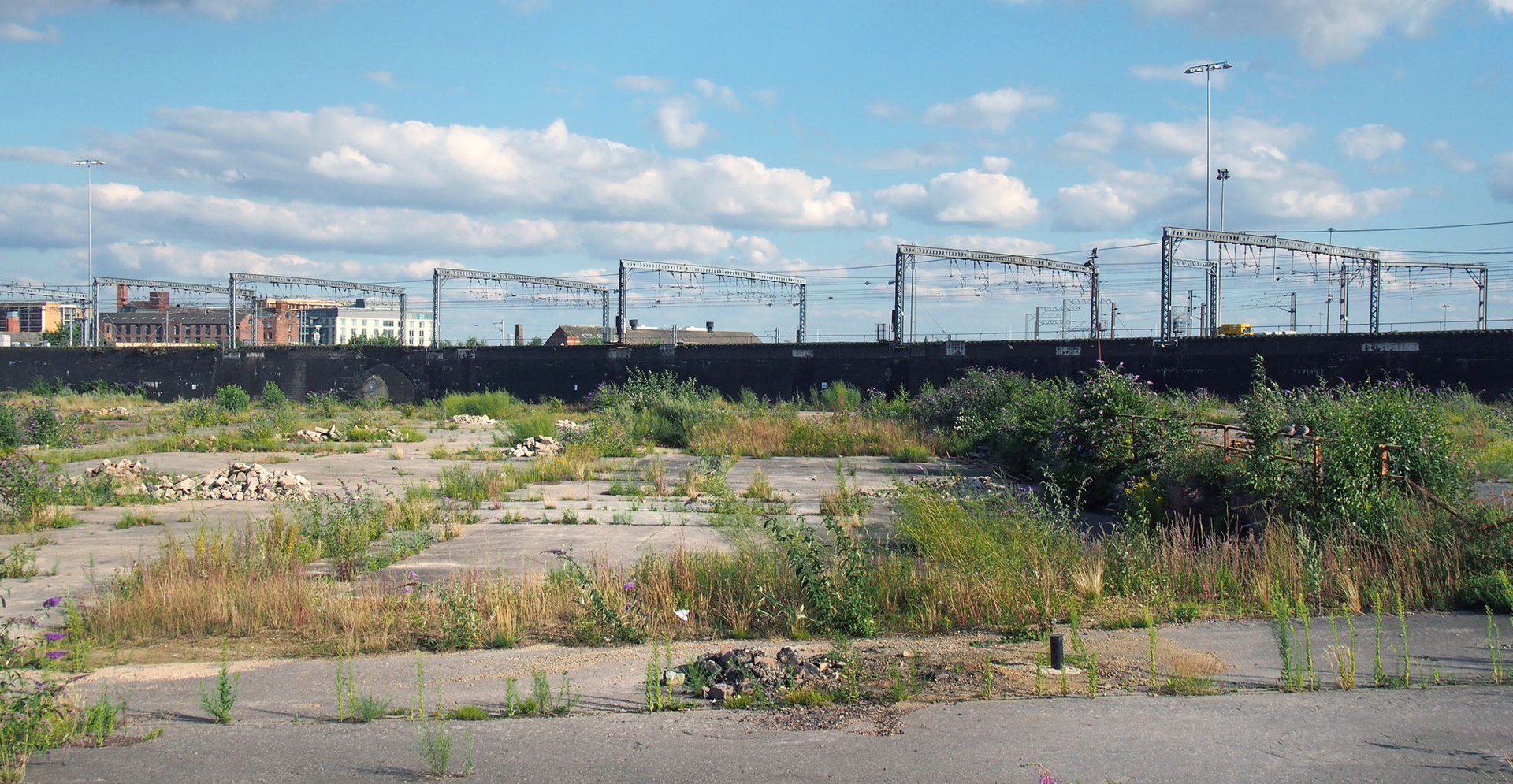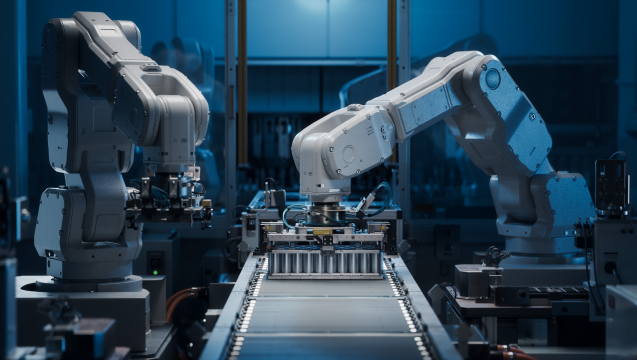Table of Contents
The challenge
Assist communities and land development stakeholders in taking a sustainable approach to their projects
150,000
Cities continue to attract more and more people. In order to house all of these inhabitants, cities tend to encroach upon farmland, whereas the redevelopment of brownfields could lead to more significant socio-economic benefits.
Population increases lead cities to mutate, becoming denser and denser to accommodate even more people. But space to build is becoming increasingly scarce, and the creation of new living spaces – housing, offices, or urban parks – has become a challenge. The few spaces available are often located on old and sometimes polluted industrial wastelands, and it sometimes seems simpler to build away from urban centers. This phenomenon, called urban sprawl, has many drawbacks: the remoteness of the workplace and thus the increase in commute times, traffic congestion, pollution, the destruction of natural and agricultural spaces, land take threatening fauna and flora, etc. In this context, utilizing brownfields more effectively becomes a social, economic and environmental challenge.
The solution
Develop a decision-making support tool, which can be accessed for free on the ADEME website
16,000 to 60,000
To encourage and help cities to develop their brownfields, Arcadis, in close collaboration with ADEME and Efficacity, has created the BENEFRICHES tool, never before seen in France.
BENEFRICHES is the conjunction of Arcadis’ socio-economic and environmental expertise, of the reconversion of wastelands.
A freely accessible tool tested by several project developers, BENEFRICHES makes it possible to evaluate and quantify the benefits of converting brownfields. The goal is to help communities and land development stakeholders make the right decisions and take a more sustainable approach to their projects. A simulator allows them to compare the impact of different project scenarios. For example, if a city wants to construct 400 houses, BENEFRICHES allows it to measure the social, economic and environmental impact if it chooses to build on a brownfield or on farmland. For example, if the same city has a brownfield, the tool allows it to better understand the impact of two different projects on the same land: is it better to choose a housing project or a landscaped park project?

The impact
BENEFRICHES, a socio-economic assessment tool for sustainable land use planning
XXX xxx
BENEFRICHES helps increase the attractiveness of a neighborhood and its land valuation while avoiding urban sprawl and land take
BENEFRICHES helps inform decision-makers so that development decisions are to the benefit of residents, cities (landowners) and the environment. By revealing the socio-economic benefits – which have had little to no mention in land development operations until now – the tool facilitates and encourages the process of brownfield redevelopment. Beyond optimizing available land, it also creates an image of an entire neighborhood being improved, in the eyes of its current and future inhabitants.

Connect with Raji Arasu for more information & questions.
Not done reading?
This also might be interesting for you
- Related Projects
- Related Insights
- Related Blogs






